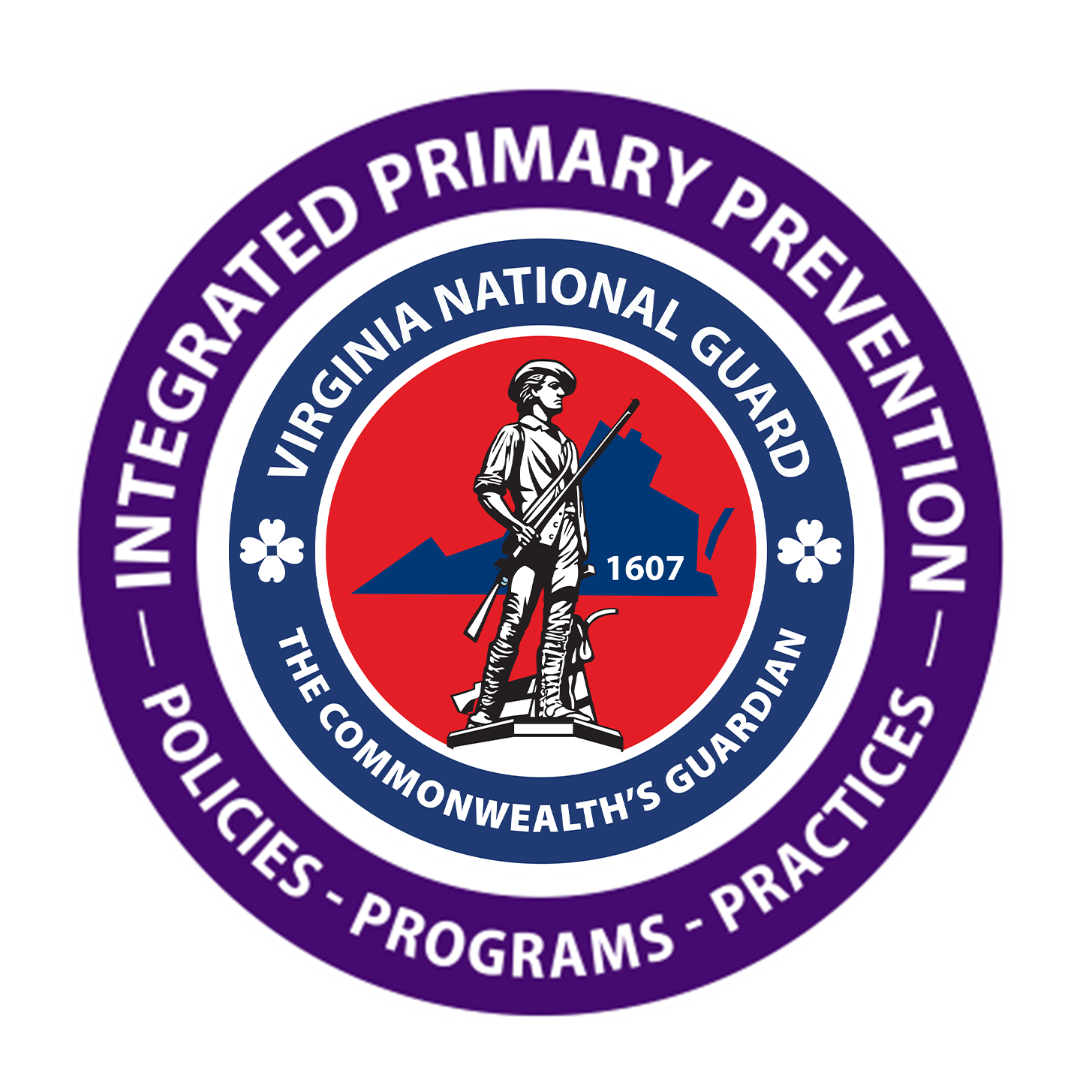 Self-Directed Harm Prevention
Self-Directed Harm Prevention
Talking about suicide isn’t harmful — silence is. One honest, caring conversation can save a life. Start a conversation. Be the difference. Learn more at NAMI
Self-directed violence and other forms of self-injury are serious problems that affect children, youth, and families. However, there are things that families and health professionals can do to help prevent these behaviors.
Self-Directed Violence
The Centers for Disease Control (CDC) defines self-directed violence as anything a person does intentionally that can cause injury to self, including death, For example:
The CDC notes that these factors increase the risk of youth suicide:
- History of previous suicide attempts
- Family history of suicide
- History of depression or other mental illness
- Alcohol or drug abuse
- Stressful life event or loss
- Easy access to lethal methods
- Exposure to the suicidal behavior of others